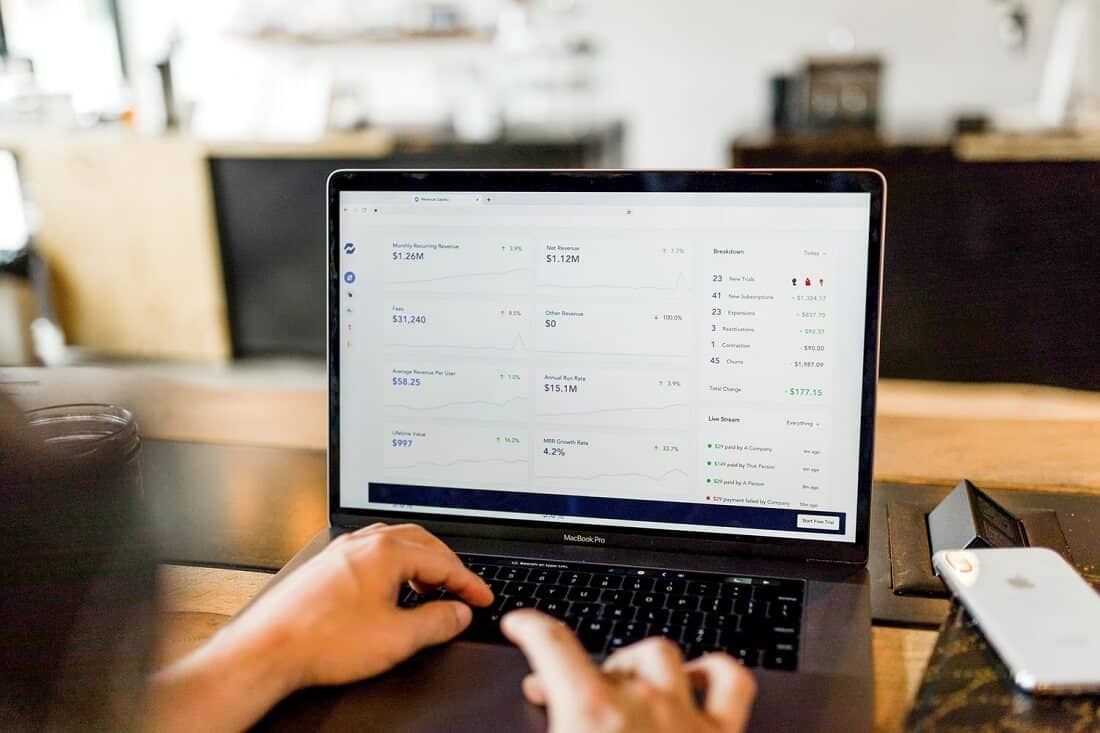
Before you apply for a personal loan it’s important to consider why you need the money. Depending on that, you will choose the loan that’s most suitable for your financial circumstances.
By Guy Avtalyon
A personal loan is a convenient vehicle to cover a large expense if you have them but many people are confused with it and don’t understand how to apply for a personal loan. The problem is that many of them have not so good credit scores but there are some possibilities to increase their chances of approval during the process.
Before you apply for a personal loan you’ll have to define what type of loan you want to take out. There are several types and you have to know each of them before you start the process.
Personal loans can be an unsecured, secured, variable-rate or fixed-rate loan, debt consolidation, co-sign, a personal line of credit, and many other types but these are the main. A personal loan is frequently unsecured. That means it uses your credit as a gauge. To take out this type of personal loan the lender will not ask you for assurance in some other asset, for example, house.
The second checkpoint in your deciding process before you apply for a personal loan is how much money you need.
That amount should be suitable to cover your expenses but also, your income has to be suitable to cover the monthly charge you’ll be obliged to pay over the life of the loan. Your personal loan should be less than your maximum monthly expense but also not too small.
If you take out a too big loan that surpasses your income per month, you’ll jump into big financial problems. So, when deciding to apply for a personal loan you have to plan based on current income, not upon the expected. Also, applying for a personal loan that is too small will not be sufficient to cover your financial needs. So, you should carefully measure the debt you can handle, and before you apply for a personal loan.
Select the right type of lender
Think about what is most important for you: support or speed. You might choose banks or credit unions that are both experienced and if you are already a customer of some you might have some benefits, for example, discounted rates. The problem with these traditional lenders is that the application process may take too much time. They always require a lot of papers and that may eat your time. If you are in a rush maybe online lenders are better for your needs.
If you choose some online lender it is probably because you need cash fast. We hope you compared various lenders before you apply for a personal loan. It is extremely important, you could find some with the lowest rate. Anyway, if you pick an online lender, you’ll have a lower rate, much lower than it is the case with banks and credit unions. Moreover, they’ll give you an opportunity to see the rate before you apply for a personal loan. In many senses online loans are unique.
You can compare rates by pre-qualifying, there is no need to go anywhere instead you can apply for a personal loan on a website, and what is most important for those who are in a rush, you’ll get approval in a few minutes and after a day or two, your loan will be funded.
By selecting the right type of lender can save you money.
Check your credit score before you apply for a personal loan
Your credit score determines how much you qualify to borrow or you are not at all. Your chances of getting a loan will increase with a better credit score. Also, your credit score will determine the rate.
Where to check credit score?
Find some credit scoring service. For example, we suggest you use FICO. FICO score is a measure of consumer credit risk. It is a standard of lending in the US.
A FICO score is expressed as a number, and it will determine your creditworthiness. That is your credit score. FICO scores are in the range from 300 to 850, where the higher the number represents a better credit score.
The credit score of 740 and over is excellent. Between 670 and 739 is considered as good, between 580 and 699 is rated as fair, and everything below 579 is ranked as poor credit score.
The lenders will expect good credit and you’ll need one year of credit before they approve you an unsecured personal loan. It is smart to check your credit score before you apply for a personal loan.
Check the lender’s demands
This sounds logical but many people unveil the lender’s eligibility requirements after they apply for the loan. Don’t waste your time. If you don’t meet its requirements you’ll be rejected promptly. Apply only if you are eligible for.
Typical demands include a good credit score where the lowest average is 640, also your annual income is one of the lenders’ requirements and you’ll need to have above $25.000. They will also ask you for your credit history of at least 3 years to qualify. The lenders will estimate your debt-to-income ratio or DTI. Lower than 43% is better.
Before you apply for a personal loan you’ll need to have a good DTI because it has a great influence on your interest rate or loan terms.
A debt-to-income ratio shows the debt payments you have every month divided by your total income per month. Lenders estimate your DTI to be sure that you can afford to pay a new loan. Usually, the lenders will calculate your DTI themselves but it is much better if you know your DTI before applying. For example, if you find out your DTI is high, think about paying off your other debts. Otherwise, the lender will offer you too high rates or reject your application.
Examine lenders
Examine everything, interest rates, fees, terms, payment options, fine print, literally everything before you sign papers, and fill out your application. Why is this important? First of all, you have to be sure how safe you are. For example, you can find in the lender’s fine print a note about prepayment penalties or late fees. That could be a great problem if there are any and you didn’t know before you signed the documents. Check your lender, ask, examine.
When it comes to online lenders you should be especially cautious. Choose the lender who is registered and has all information available. If some info is missing, check the lender’s credibility, it could easily be a scam and you’ll end up giving your personal and banking details to a scammer.
Collect your documents before you apply for a personal loan
It is always better to have all documents on hand. In that way, your applying will go faster and you’ll receive approval sooner.
The lender in the US will tell you which documents it demands, but it will frequently be some ID, passport, driver license, or similar. Also, the lender will ask for your proof of employment. You can show your pay stubs for the last three months or a W-2 form. You have to have a bank statement also to provide to the lender information about your total income. To be able to check your credit score, the lender will ask your social security number.
Some lenders or online applications will require your current company’s contact info but some will ask you about previous employers.
So, prepare all these documents to get your loan as soon as possible.
Consider rate and fees
The main considerations when looking for a loan should be its rate, fees, and terms. Will you choose an online lender or a bank branch is less important. Always apply for pre-approval. Online lenders, banks, or credit unions will give you this opportunity. Based on the data you submit, you’ll know some important things such as the rate (maybe not precise but very close) or loan duration and other conditions.
Some of the best-known national banks don’t have unsecured personal loans in offers. They have some other credit products, for example, mortgages, credit cards, etc. Credit unions are good for borrowers with a bad credit score. But to apply for a personal loan, you need to be their member first.



